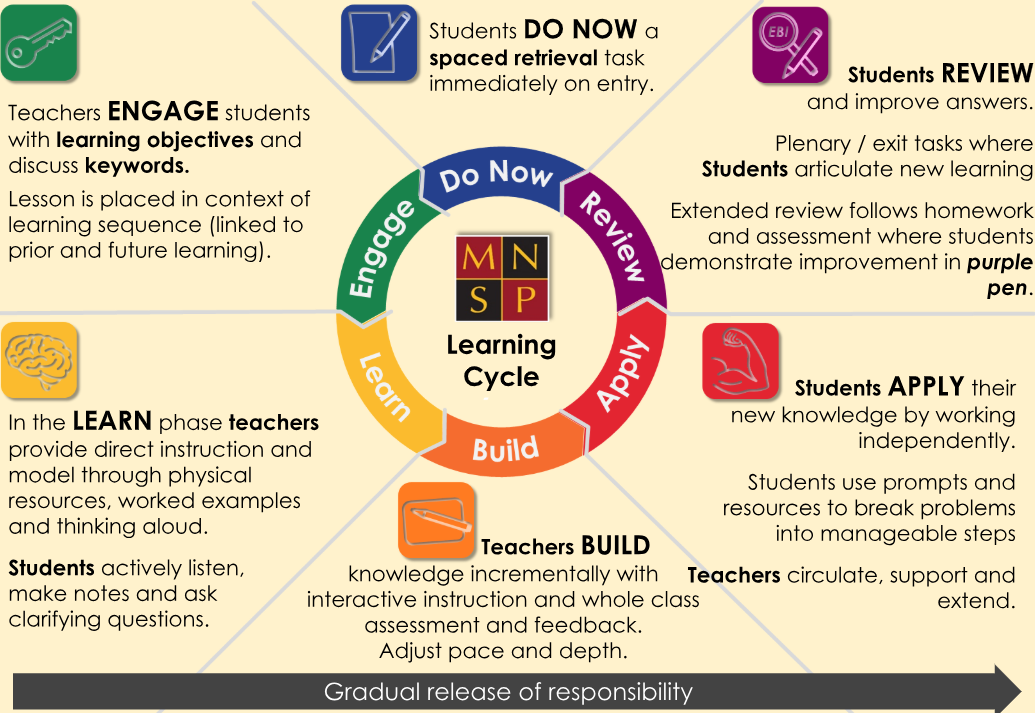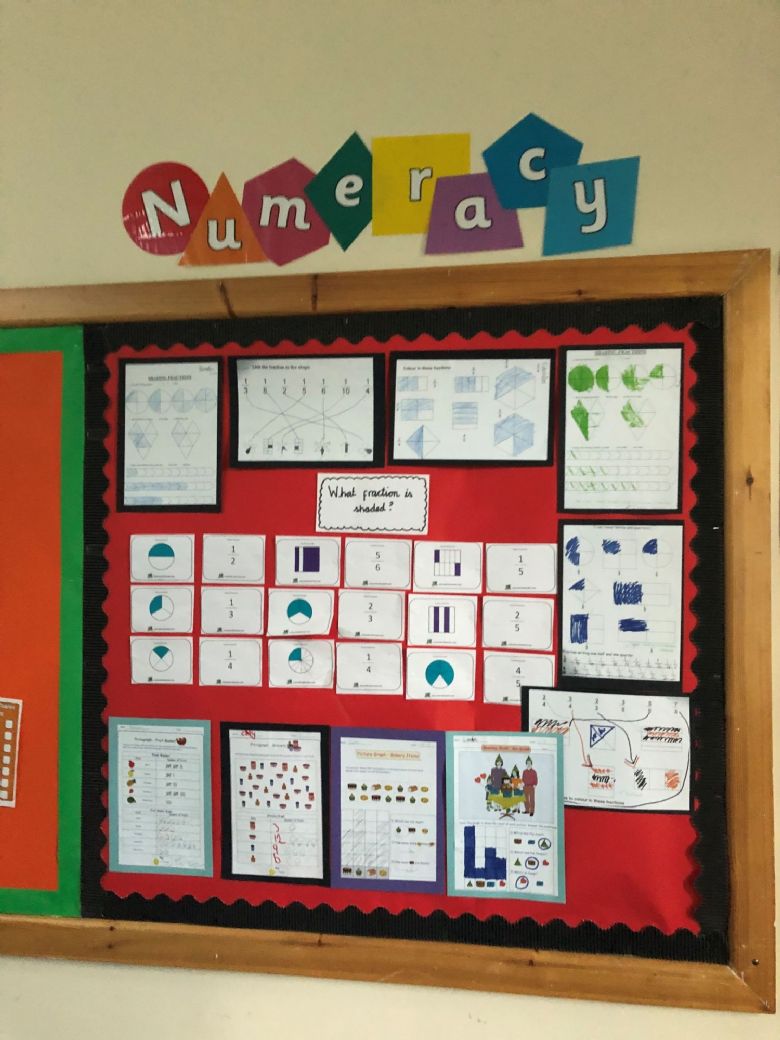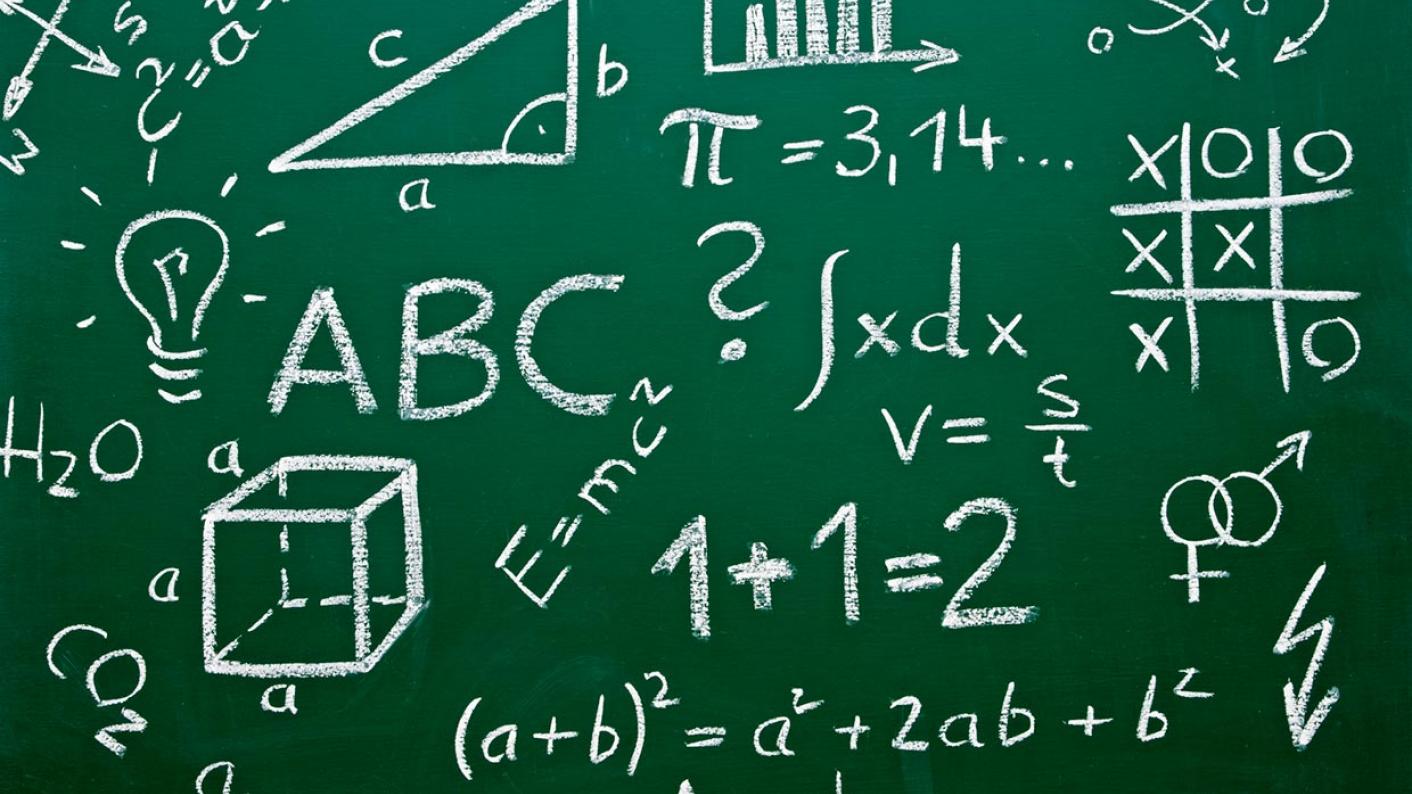Mathematics
Mathematics Department
Developing numeracy and problem-solving skills for life
Vision and Aims
At Notton House Academy, our Mathematics Department is committed to ensuring all pupils develop a good level of numeracy and the ability to solve real-life problems. We believe that mathematics should be accessible, meaningful, and empowering for all our learners, building their confidence and opening doors to future opportunities.
Our approach embodies the school's core values of Safety, Kindness, and Respect by creating a supportive learning environment where pupils feel secure making mistakes, ask questions, and grow at their own pace. We understand that many of our pupils may have experienced mathematical anxiety or educational trauma, so we focus on building confidence through practical applications that demonstrate the relevance of mathematics in everyday life.
How We Teach Mathematics: Mathematics content is taught through carefully sequenced topics that build upon each other. Knowledge is introduced systematically, ensuring pupils have the foundation they need to understand new concepts. Key mathematical ideas are revisited regularly to improve learning and long-term retention.
Lesson Structure: Our lessons follow the 'DELBAR' (six-part lesson) model to maximise learning:
DO NOW; ENGAGE; LEARN; BUILD; APPLY; REVIEW

Challenge and Differentiation: To ensure all pupils are appropriately challenged, we develop both procedural fluency and mathematical reasoning. Tasks are clearly labelled as "prior learning", "core learning" and "extend and challenge" to help pupils extend their knowledge beyond the standard curriculum expectations.
Our commitment is to ensure that all pupils:
-
Develop a good level of numeracy and confidence with numbers
-
Learn to solve real-life problems using mathematical thinking
-
Build resilience and logical reasoning skills that will serve them throughout life
-
Gain appropriate mathematics qualifications that reflect their true potential
-
Experience success in mathematics within a trauma-informed, nurturing environment
What qualifications are on offer?
We provide a range of qualifications to meet every pupil's needs and aspirations, ensuring multiple pathways to success:
Entry Level Certificate in Mathematics
-
Foundation mathematical skills and problem-solving
-
Perfect for building confidence and establishing core numeracy concepts
-
Available in Years 9/10
Functional Skills Mathematics (Level 1 or 2)
-
Practical mathematics skills for real-life situations
-
Develops employability skills highly valued by employers
-
Alternative pathway for some pupils
GCSE Mathematics
-
Comprehensive mathematics qualification
-
Available in Years 10/11 following Entry Level success
-
Gateway to further education and career opportunities
All qualifications are carefully matched to individual pupil needs, prior attainment, and future aspirations.
How are Pupils Assessed?
Our assessment approach is designed to support learning rather than simply measure it, reflecting our trauma-informed practice and commitment to individual growth.
Ongoing Assessment for Learning:
-
Weekly assessment to identify the level at which pupils are working
-
Assessment matches the learning outcomes for each week rather than formal testing
-
Regular feedback celebrates achievements and identifies next steps
Progress Tracking:
-
All outcomes are tracked and graded systematically
-
A pupil is making progress if they are improving the grade at which they are working
-
Individual learning journeys are celebrated, recognising that progress looks different for every pupil
Formal Assessment:
-
Periodic tests of 10-15 minutes may be used every week or two to check recall
-
Longer examinations are used to prepare pupils for examined qualifications
-
Stress management and exam technique support provided through regular THRIVE sessions, key working and therapeutic support
Pathways and Life Opportunities
Mathematics education at Notton House Academy opens doors to a wide range of exciting and rewarding opportunities, directly supporting our mission to improve life opportunities for all pupils.
Recent Year 11 Destinations: Our pupils have successfully progressed to:
-
Further education colleges studying A-Level Mathematics
-
Apprenticeships requiring strong numeracy skills
-
Employment in local businesses and services
-
Specialist SEMH provisions for continued development
Entry Level and Functional Skills graduates often progress to:
-
GCSE Mathematics pathways
-
Apprenticeships in various sectors
-
Further education opportunities
GCSE Mathematics qualifications provide pathways to:
-
A-Level Mathematics and further study
-
Wide range of further education courses
-
Employment and apprenticeship routes across all sectors
-
Accessing post-16 college opportunities
Mathematics is seen as an essential qualification for a wide range of further education and employment/apprenticeship routes. Mathematical skills develop logical thinking, problem-solving, and analytical abilities that benefit every aspect of adult life.
How Can You Support Your Child?
We use Times Table Rock Stars: https://ttrockstars.com/; and Tassomai: https://www.tassomai.com/ - all pupils have a login to TT Rockstars and also KS3/4 pupils to Tassomai. Encouraging use of these outside of school will be beneficial.
Notton House Academy is part of Midsomer Norton Schools' Partnership
Our Core Values: Safety • Kindness • Respect


